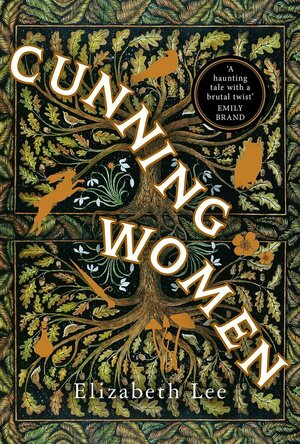
Albion's Glorious Ile: Shropshire to Buckinghamshyre: Volume 2
Anne Louise Avery and William Hole
Book
These beautifully-produced colouring books present over four volumes, thirty county maps of England...
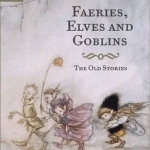
Faeries, Elves and Goblins: The Old Stories and Fairy Tales
Book
Faeries, elves, goblins, leprechauns, brownies, spriggans and many other supernatural beings leap...
Flora Unveiled: The Discovery and Denial of Sex in Plants
Lincoln Taiz and Lee Taiz
Book
Sex in animals has been known for at least ten thousand years, and this knowledge was put to good...
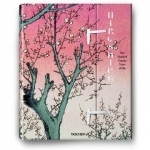
Hiroshige: One Hundred Famous Views of Edo
Hiroshige, Melanie Trede and Lorenz Bichler
Book
This title features Hiroshige's Edo: Masterful ukiyo-e woodblock prints of Tokyo in the mid-19th...
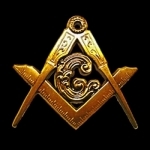
Freemasonry Complete Guide for iPhone
Education and Reference
App
Explore the most complete iPhone application about Freemasonry Freemasonry is the world’s oldest...
ClareR (6091 KP) rated Cunning Women in Books
May 15, 2021
I’m on a bit of a 17th century bender at the moment, and witches seem to crop up frequently. Basically, if you were female, didn’t have a man about the place (preferably one you were married to) and knew things other than washing, cleaning and popping out babies, you risked being accused of witchcraft. Add to that a birthmark, and/ or an opinion or two, AND not going to church regularly, then you might as well start picking your own stake out.
Sarah and her mother, brother and little sister, all live in a hamlet abandoned after all the inhabitants died of plague, known as the Plague Village. They have no money and little income after the death of Sarah’s father, and what money they do have comes from selling potions, small spells and begging. They’re outcasts, and there’s an atmosphere of dank, dark poverty in where they live and what they wear. They are avoided by pretty much everyone in the village - it seems to be a really lonely existence.
Then comes a spark of hope when Sarah meets the local farmer’s son, Daniel. He lives a very different life: one of open spaces, plenty of food, light and comfort. He’s treated poorly by his father and a farm hand, but he’s never hungry, and his living conditions are so much better than those of the Haworth family.
This is a story that feels so raw and real. You just know that it’s not going to be a happy ending. How can it? DOn’t get me wrong - I rather like endings that are unresolved or just plain unpleasant (weird, I know), but the youth of these protagonists had me hoping throughout for a better life for them.
Ahh, the 17th century - great to read about, but I’ve never been so glad to have been born in the 1970’s!
This is a really enjoyable, heartfelt historical fiction novel, and I’m so pleased that I got the chance to read it. Many thanks to Windmill Books for providing me with an e-arc through NetGalley.
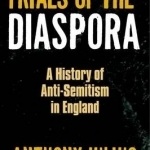
Trials of the Diaspora: A History of Anti-semitism in England
Book
Trials of the Diaspora presents the long and troubling history of anti-Semitism in England, from the...

Meditations, 8-Week Retreat (2016)
Podcast
Meditations from Spring 8-Week retreat on Shamatha, Vipashyana, and Mahamudra, based upon two texts:...
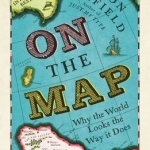
On the Map: Why the World Looks the Way it Does
Book
Maps fascinate us. They chart our understanding of the world and they log our progress, but above...
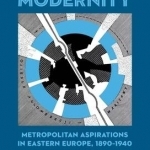
Races to Modernity: Metropolitan Aspirations in Eastern Europe, 1890 - 1940
Jan C. Behrends and Martin Kohlrausch
Book
The comparative presentation of the birth of metropolises like St. Petersburg, Helsinki, Kiev,...

